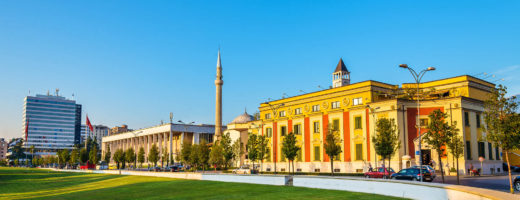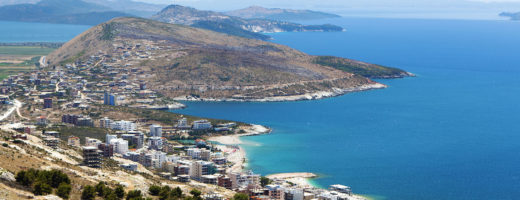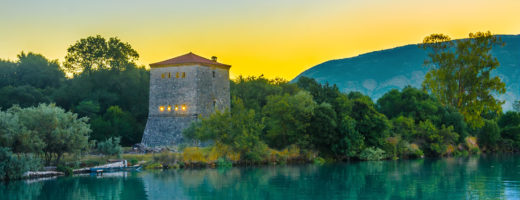“Gay life in Albania” is hardly an accurate descriptive word for this country since there is no public Pride presence and few courageous activists who work mostly behind the scenes to lobby sympathetic government members and quietly offer support to young gays. But change will come as the country’s two LGBT rights and equality groups slowly push open the envelop of tolerance.
In the summer of 1994 the Government of Albania put forward a draft penal code under which homosexuality would have remained illegal, but with the maximum sentence reduced to three years. A campaign by the Gay Albania Society within Albania, and international pressure orchestrated by ILGA, in which the Council of Europe played an important role, led to the withdrawal of this draft law.
On January 20, 1995 the Albanian Parliament legalized homosexual relations in Albania. Article 137 of the old Penal Code promulgated under socialist Albania, which offered ten years of prison for simply “being homosexual” has thus been done away with completely.

Gay Life in Albania
Introduction: Albania is a mixed situation for gay and lesbian citizens. On one hand, in February 2010, the Parliament of Albania unanimously approved an all inclusive anti-discrimination law which bans discrimination in on the grounds of various characteristics, including sexual orientation and gender identity. However, on the negative side, according to BalkanInsight.com, “…ingrained attitudes among the public leave Albanian gays and lesbians on the fringes of society. They face intolerance, physical and psychological violence – often from the police – and discrimination in the workplace.”
The result is frustrating and risky for LGBT citizens who want to move ahead to a progressive “Gay Life in Albania” of better human rights but are caught in retrograde religious (Muslim and Catholic) opinions and resistant old traditions. Add to these the ever-present hostility of neo-Nazi extremists who fight any effort of gay Europeans to display Pride in public. The new new Albanian anti-discrimination legislation is intended for joining the European Union, whose members are required to adopt comprehensive anti-discrimination legislation. This received a big welcome gesture from humanists but angered the homophobes. So Albania is making strides to emerge into the 21st century while most people are rural poor who know little more than their own potato gardens.



